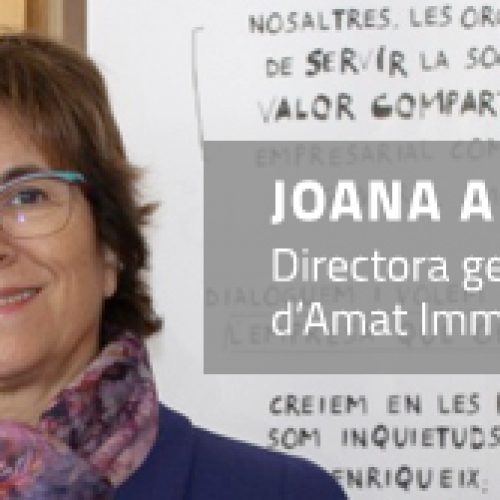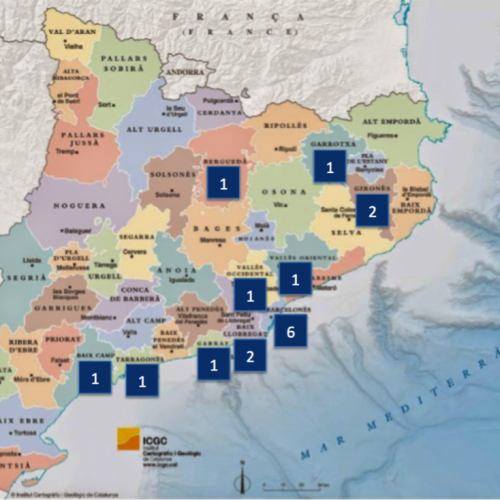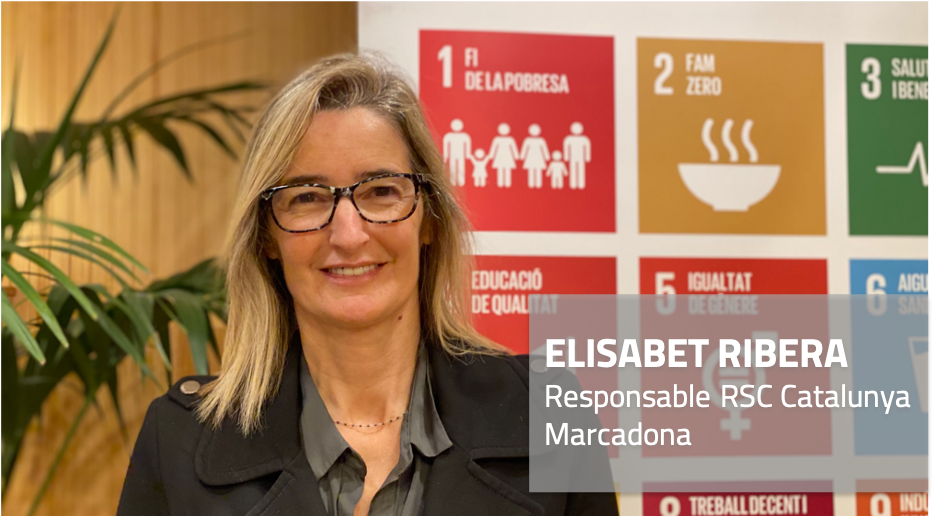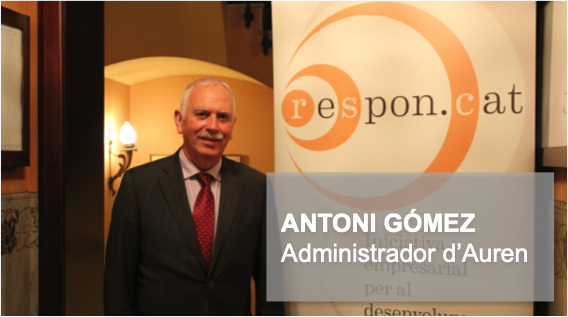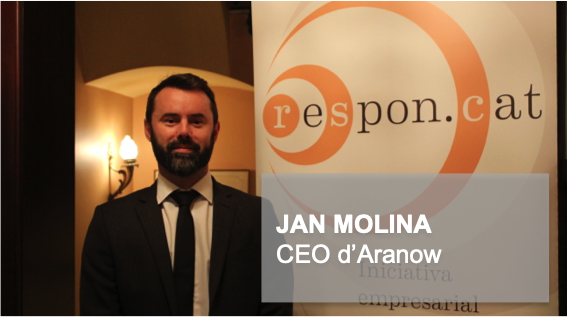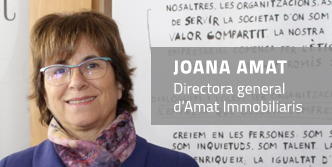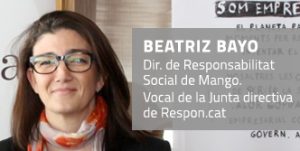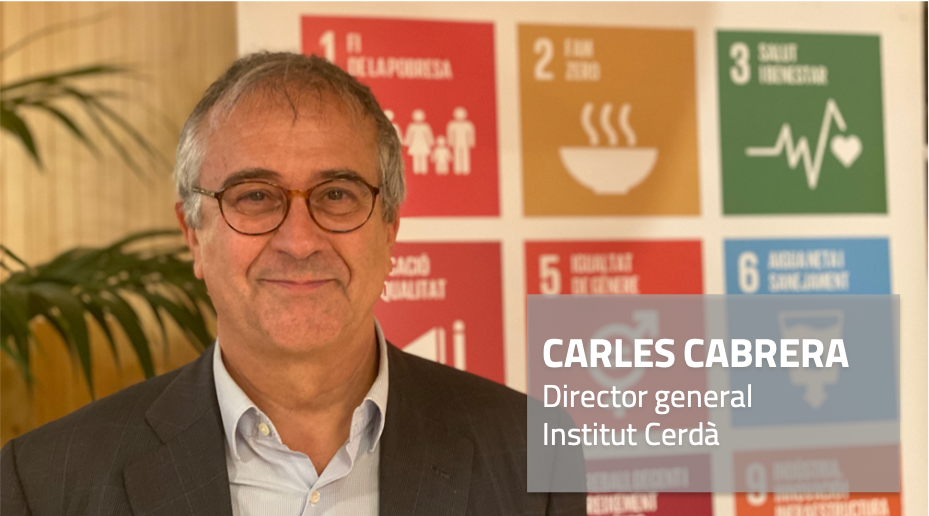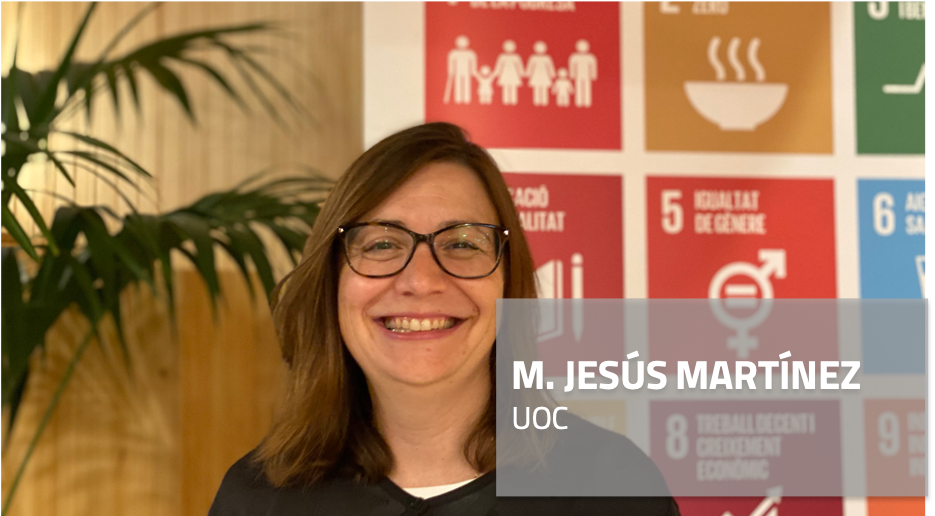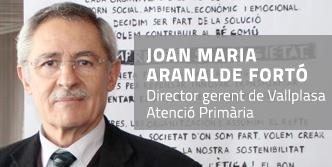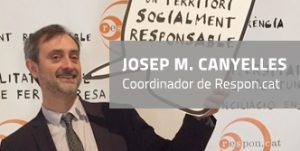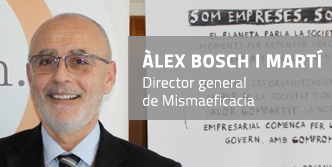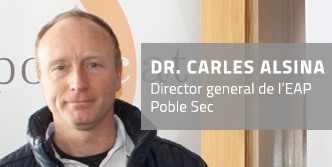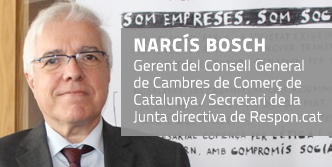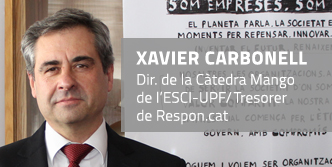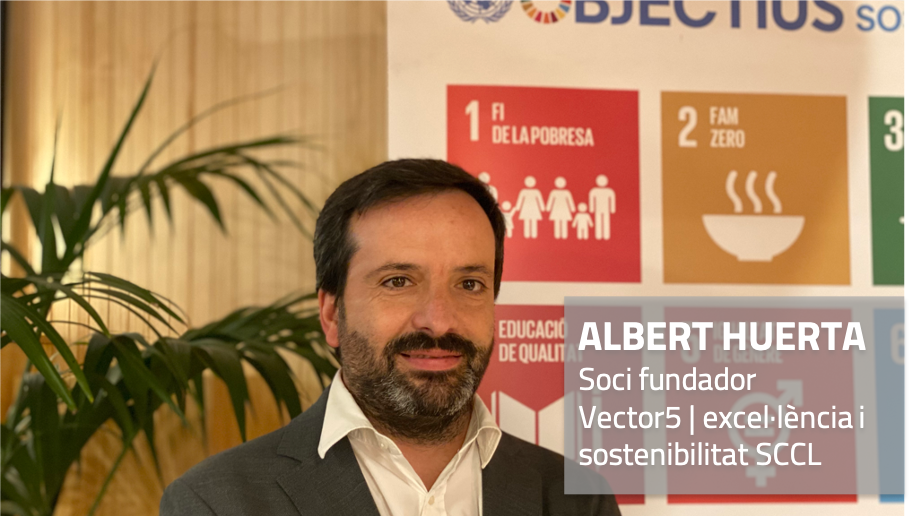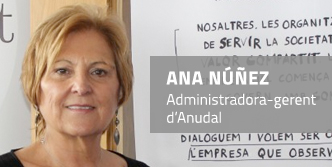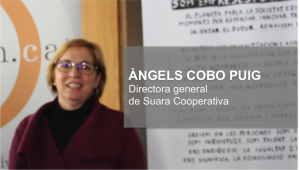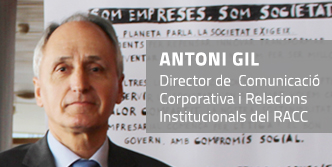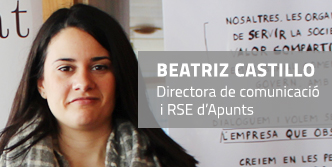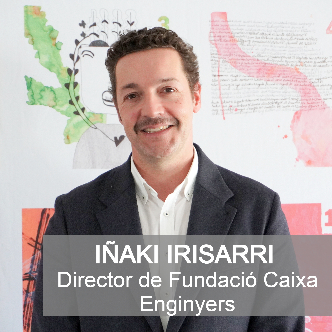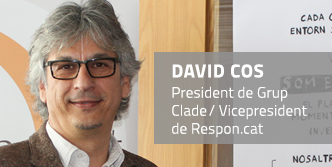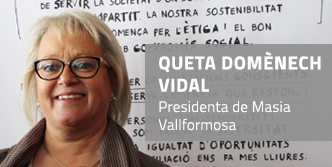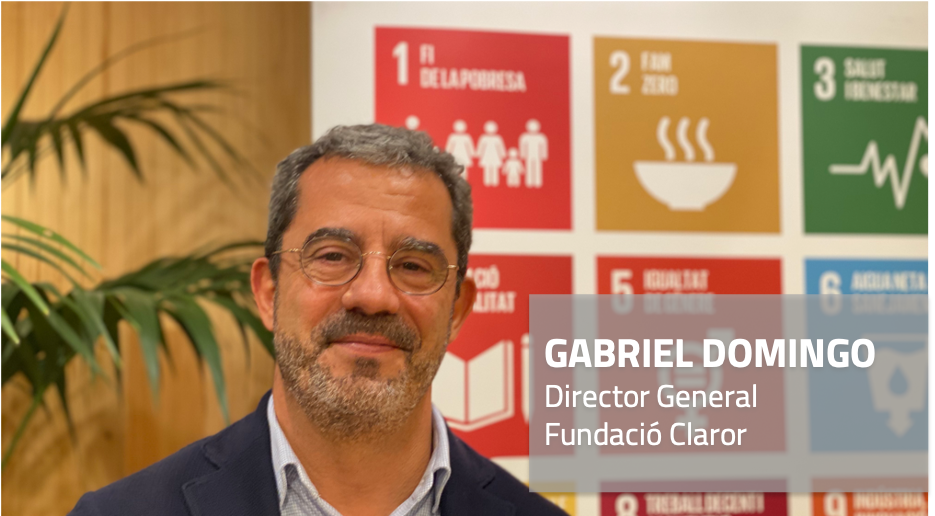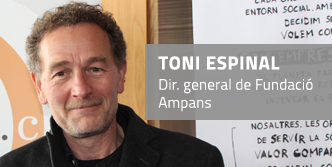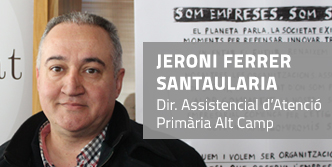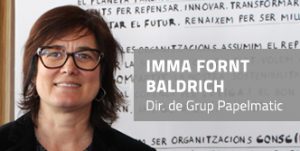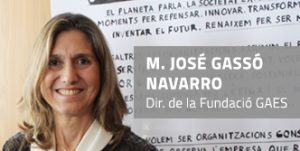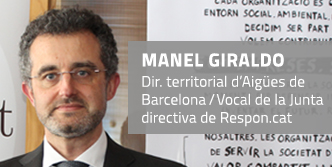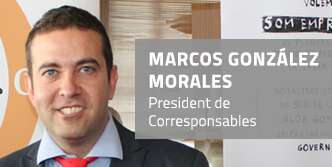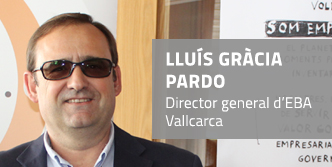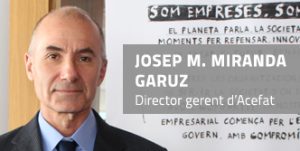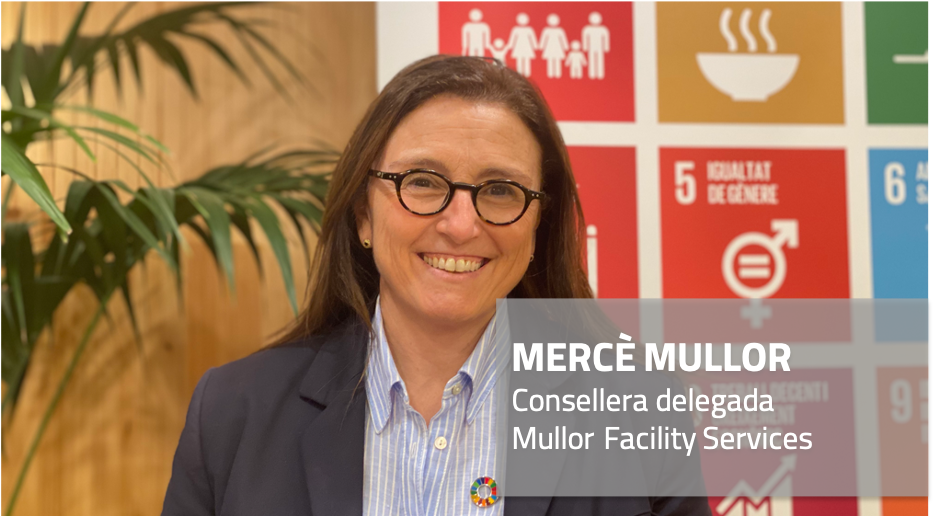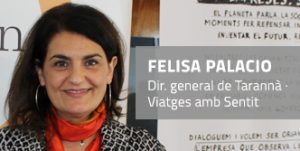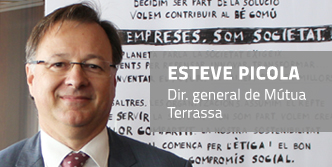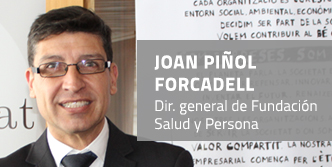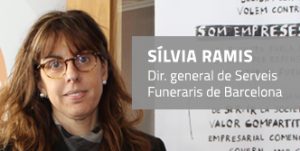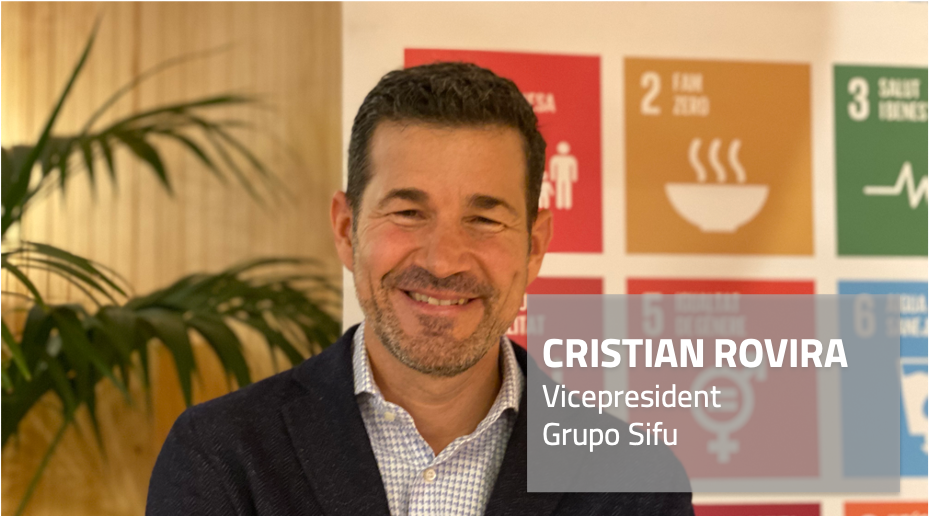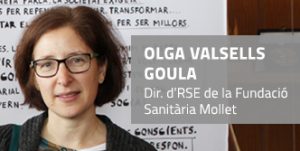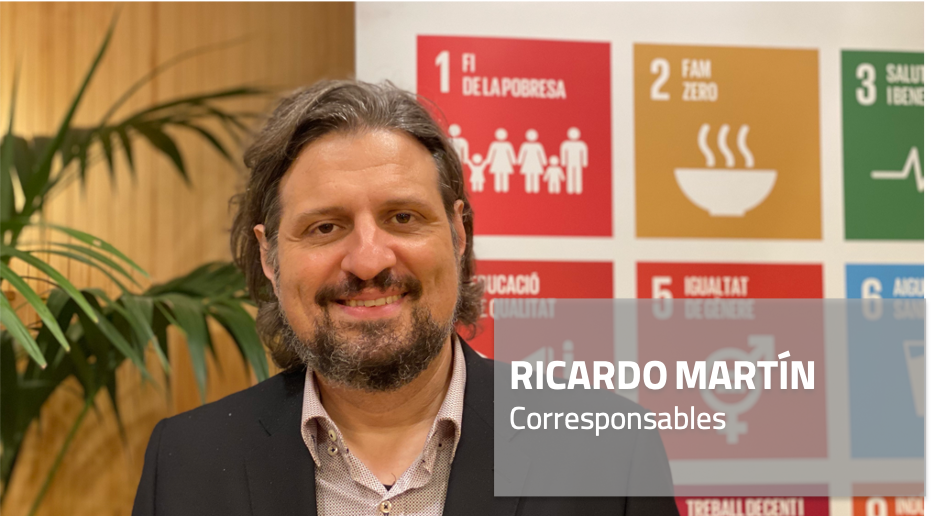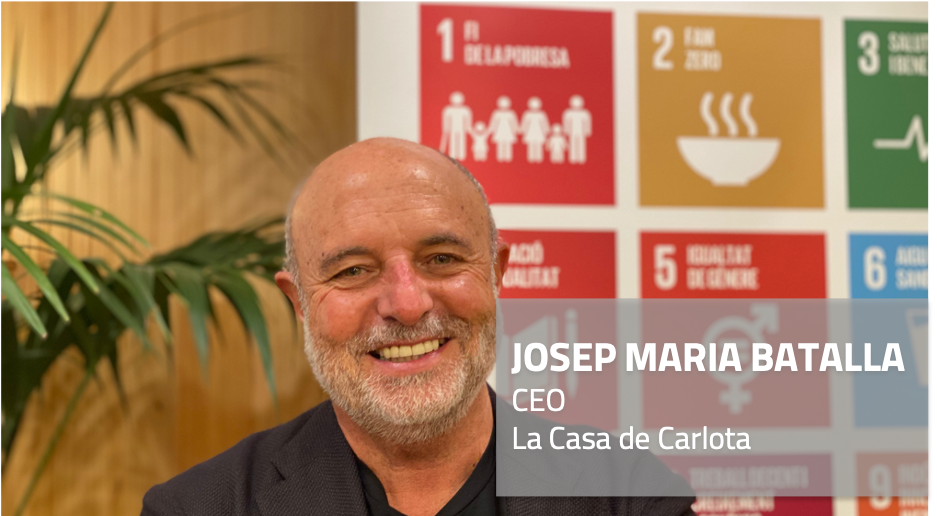#SDG Goal 1: End poverty in all its forms everywhere
![]()
“End poverty in all its forms everywhere” is the first of 17 Sustainable Development Goals (SDG) approved by United Nations for the period 2015-2030
![]() Extreme poverty rates have been cut by more than half since 1990. While this is a remarkable achievement, one in five people in developing regions still live on less than $1.25 a day, and there are millions more who make little more than this daily amount, plus many people risk slipping back into poverty.
Extreme poverty rates have been cut by more than half since 1990. While this is a remarkable achievement, one in five people in developing regions still live on less than $1.25 a day, and there are millions more who make little more than this daily amount, plus many people risk slipping back into poverty.
Poverty is more than the lack of income and resources to ensure a sustainable livelihood. Its manifestations include hunger and malnutrition, limited access to education and other basic services, social discrimination and exclusion as well as the lack of participation in decision-making. Economic growth must be inclusive to provide sustainable jobs and promote equality.
Facts and figures
- 836 million people still live in extreme poverty
- About one in five persons in developing regions lives on less than $1.25 per day
- The overwhelming majority of people living on less than $1.25 a day belong to two regions: Southern Asia and sub-Saharan Africa
- High poverty rates are often found in small, fragile and conflict-affected countries
- One in seven children under age five in the world has inadequate height for his or her age
- Every day in 2014, 42,000 people had to abandon their homes to seek protection due to conflic
Goal 1 targets
- By 2030, eradicate extreme poverty for all people everywhere, currently measured as people living on less than $1.25 a day
- By 2030, reduce at least by half the proportion of men, women and children of all ages living in poverty in all its dimensions according to national definitions
- Implement nationally appropriate social protection systems and measures for all, including floors, and by 2030 achieve substantial coverage of the poor and the vulnerable
- By 2030, ensure that all men and women, in particular the poor and the vulnerable, have equal rights to economic resources, as well as access to basic services, ownership and control over land and other forms of 13 property, inheritance, natural resources, appropriate new technology and financial services, including microfinance
- By 2030, build the resilience of the poor and those in vulnerable situations and reduce their exposure and vulnerability to climate-related extreme events and other economic, social and environmental shocks and disasters
- Ensure significant mobilization of resources from a variety of sources, including through enhanced development cooperation, in order to provide adequate and predictable means for developing countries, in particular least developed countries, to implement programmes and policies to end poverty in all its dimensions
- Create sound policy frameworks at the national, regional and international levels, based on pro-poor and gender-sensitive development strategies, to support accelerated investment in poverty eradication actions
Link
Us podria interessar també
Joana Amat, una de les 29 personalitats reconegudes amb la Creu Sant Jordi 2019
Joana Amat, directora general d’Amat Immobiliaris, empresa membre de Respon.cat, i presidenta de FIDEM, ha estat una de les 15 persones reconegudes amb la Creu de Sant Jordi de la
[Article] Daniel Ortiz a El Periódico "Compromís, reputació i èxit"
Daniel Ortiz, director de l’Àrea d’Innovació Social de l’Institut Cerdà i membre de la Junta Directiva de Respon.cat, va publicar ahir l’article “Compromís, reputació i èxit” a El Periódico.L’article constata un nou
17 pimes participaran en el programa RSE.Pime 2015
La nova edició del programa RSE.Pime acollirà finalment 17 empreses, seleccionades entre les 33 candidates. Prop de 100 empreses s’han interessant per participar en el programa, el qual ha estat

